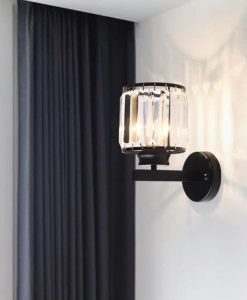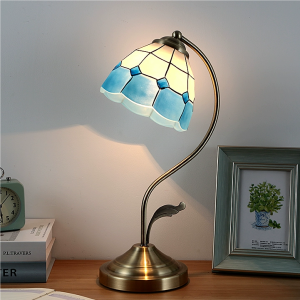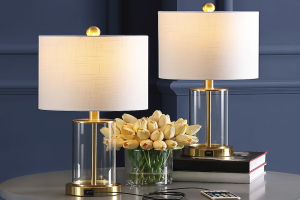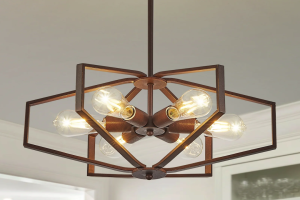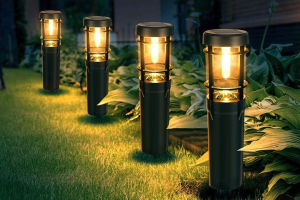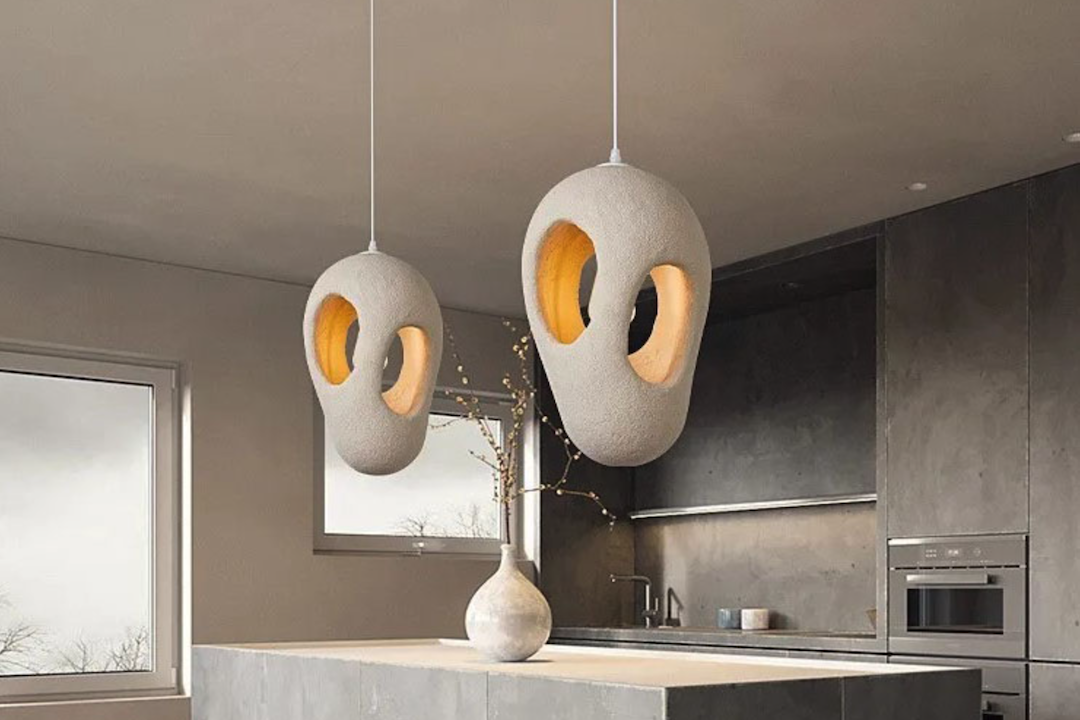
Wabi-Sabi is a Japanese aesthetic philosophy that celebrates the beauty found in imperfection, transience, and the natural cycle of growth and decay. Rooted in Zen Buddhism, this concept encourages an appreciation for the fleeting nature of life and the unique characteristics that arise from wear and age. The term “Wabi” refers to a rustic simplicity, a sense of quietness and solitude, while “Sabi” denotes the beauty that comes with the passage of time, such as the patina on an old object or the cracks in a ceramic piece.
Together, these elements create a worldview that finds value in the imperfect and the incomplete. In practical terms, Wabi-Sabi invites individuals to embrace the flaws and irregularities in both nature and human creations. It encourages a shift away from the pursuit of perfection, which is often unattainable, towards a more authentic appreciation of life’s inherent imperfections.
This philosophy can be seen in various aspects of Japanese culture, from traditional tea ceremonies to architecture and art. The essence of Wabi-Sabi lies in its ability to evoke a sense of peace and contentment by recognizing that beauty exists in the ephemeral and the imperfect.
The Retro Resin Ceiling Lamp: A Modern Twist on Wabi-Sabi
The Retro Resin Ceiling Lamp Lumesdesign exemplifies how contemporary design can incorporate Wabi-Sabi principles while maintaining a modern aesthetic. This lamp, often characterized by its organic shapes and vibrant colors, serves as a striking focal point in any room. Crafted from resin, it embodies the idea of embracing imperfections through its unique textures and finishes.
Each lamp is distinct, with variations in color and form that reflect the natural qualities of the materials used. This individuality aligns perfectly with the Wabi-Sabi philosophy, which values uniqueness over uniformity. In addition to its aesthetic appeal, the Retro Resin Ceiling Lamp also highlights the interplay between light and shadow, creating an atmosphere that is both inviting and contemplative.
The way light filters through the resin can evoke feelings of warmth and nostalgia, reminiscent of simpler times. By integrating this lamp into a living space, one can create an environment that not only illuminates but also inspires reflection on the beauty of imperfection. The lamp serves as a reminder that even in our modern lives, we can find harmony with nature and celebrate the quirks that make each piece special.
Embracing Imperfection in Design
Embracing imperfection in design is a fundamental aspect of Wabi-Sabi that challenges conventional notions of beauty. In a world increasingly dominated by mass production and standardized aesthetics, Wabi-Sabi offers a refreshing perspective that values authenticity over perfection. Designers who adopt this philosophy often seek to create pieces that tell a story, showcasing the materials’ natural characteristics rather than hiding them behind layers of polish or artificial finishes.
This approach not only fosters creativity but also encourages consumers to appreciate the craftsmanship involved in each piece. For instance, furniture designed with Wabi-Sabi principles may feature asymmetrical shapes or visible joinery, highlighting the artisan’s hand rather than concealing it. Such designs invite viewers to engage with the object on a deeper level, prompting them to consider its history and the processes involved in its creation.
This connection fosters a sense of appreciation for the object as more than just a functional item; it becomes a part of the narrative of one’s home. By embracing imperfection, designers can create spaces that resonate with authenticity and warmth, inviting individuals to find beauty in their surroundings.
The Beauty of Handcrafted Resin Lamps
Handcrafted resin lamps are a perfect embodiment of Wabi-Sabi principles, showcasing the beauty of artisanal craftsmanship and the unique qualities of natural materials. Each lamp is created through a meticulous process that allows for individual expression and creativity. Artisans often experiment with different techniques, colors, and textures, resulting in one-of-a-kind pieces that reflect their personal style and vision.
This handcrafted nature not only enhances the aesthetic appeal but also imbues each lamp with a sense of soul and character. The use of resin as a medium further amplifies this beauty. Resin can capture organic materials like wood or flowers, preserving their essence while allowing for innovative designs that might not be possible with traditional materials.
The interplay between light and resin creates captivating effects, casting intricate shadows and illuminating spaces in unexpected ways. This dynamic quality aligns seamlessly with Wabi-Sabi’s celebration of impermanence; as light changes throughout the day, so too does the appearance of the lamp, reminding us that beauty is ever-evolving.
Incorporating Wabi-Sabi into Your Home Decor
Incorporating Wabi-Sabi into home decor involves more than just selecting aesthetically pleasing items; it requires a mindset shift towards valuing authenticity and embracing imperfections. One effective way to achieve this is by curating a collection of objects that tell a story—pieces that have been passed down through generations or items sourced from local artisans. Each object should evoke a sense of connection to its origins, whether through its craftsmanship or its history.
Additionally, incorporating natural elements into your decor can enhance the Wabi-Sabi aesthetic. Consider using raw materials like wood, stone, or clay in your furnishings and accessories. These materials not only bring warmth to a space but also embody the essence of nature’s imperfections—knots in wood or variations in stone patterns serve as reminders of life’s unpredictability.
By thoughtfully arranging these elements within your home, you create an environment that encourages mindfulness and appreciation for the beauty found in everyday life.
Finding Balance and Harmony in Imperfection
The Power of Imperfection
By shifting focus from striving for an unattainable ideal to embracing what is real and imperfect, one can foster a sense of peace and contentment. In practical terms, this might involve creating spaces that feel lived-in rather than overly curated. Allowing for some clutter or displaying items with visible wear can evoke a sense of comfort and authenticity.
Personal Touches and Emotional Resonance
Additionally, incorporating elements that reflect personal experiences—such as travel souvenirs or family heirlooms—can enhance this sense of harmony. These items serve as reminders of cherished memories and connections, reinforcing the idea that beauty lies not only in aesthetics but also in emotional resonance.
Cultivating Awareness and Appreciation
By embracing the principles of Wabi-Sabi, individuals can cultivate a deeper awareness and appreciation for the world around them. This can lead to a greater sense of contentment and peace, as well as a more authentic and meaningful connection to the people and things that bring joy and beauty to our lives.
The Timeless Appeal of Wabi-Sabi Design
The timeless appeal of Wabi-Sabi design lies in its ability to resonate across cultures and eras. As society becomes increasingly aware of environmental issues and the consequences of consumerism, many are drawn to this philosophy as a counterbalance to fast fashion and disposable culture. Wabi-Sabi encourages individuals to invest in quality over quantity, seeking out pieces that are not only beautiful but also meaningful and sustainable.
Moreover, Wabi-Sabi’s emphasis on simplicity aligns well with contemporary minimalist trends while adding depth through its appreciation for imperfection. This duality allows for versatile applications across various design styles—from rustic farmhouse aesthetics to sleek modern interiors—making it accessible to a wide audience. As more people seek to create spaces that reflect their values and foster well-being, Wabi-Sabi continues to inspire designers and homeowners alike.
Embracing Imperfection: The Wabi-Sabi Lifestyle
Embracing imperfection as part of the Wabi-Sabi lifestyle extends beyond home decor; it permeates daily life choices and attitudes towards oneself and others. This philosophy encourages individuals to let go of rigid expectations and embrace their authentic selves—flaws included. By recognizing that everyone has imperfections, one can cultivate compassion for oneself and others, fostering deeper connections based on acceptance rather than judgment.
Practicing mindfulness is another essential aspect of adopting a Wabi-Sabi lifestyle. Taking time to appreciate small moments—such as enjoying a cup of tea or observing nature—can enhance one’s awareness of life’s fleeting beauty. Engaging in activities like journaling or meditative practices can further deepen this connection to the present moment, allowing individuals to find joy in simplicity rather than seeking validation through external achievements.
Ultimately, embracing imperfection through Wabi-Sabi offers a pathway towards greater fulfillment and contentment. It invites individuals to celebrate their unique journeys while fostering an appreciation for life’s inherent unpredictability—a perspective that enriches both personal experiences and interactions with others.
